The Supreme Court’s recent decision in Ames v. Ohio Department of Youth Services didn’t dominate the headlines – but it should have. In a unanimous ruling, the Court quietly dismantled a legal fiction that has distorted civil rights law for decades. And in a twist no one saw coming, the opinion was authored by Justice Ketanji Brown Jackson, the progressive icon of the bench.
At the heart of Ames was a question few Americans knew they needed to ask: can equality before the law coexist with unequal legal standards? “In 2019, Ames – a straight, white woman – interviewed and was passed over for a newly created management role, which was instead awarded to a lesbian. Days later, she was demoted, and her former spot was filled by a gay man, whom Ames alleges was far less qualified. She brought suit, asserting Title VII protects any individual from discrimination on the basis of sexual orientation – majority or minority alike.”
For years, some lower courts imposed a “background circumstances” requirement on so-called majority-group plaintiffs – typically white, male, or straight individuals – forcing them to provide extra evidence to prove employment discrimination. In other words, unless they could show their employer had a “history” of discriminating against people like them, their claims often died in the cradle.
That’s not equity. That’s legalized bias.
And yet, it passed for civil rights in the age of DEI. What Ames does – what Jackson’s opinion affirms – is restore the original intent of Title VII of the Civil Rights Act: to protect everyone from discrimination, not just a preferred few. As a black conservative, I come from a community that has endured slavery, Jim Crow and redlining. And believe me when I say – despite what the liberal narrative often assumes – I want the absolute best for my community. I love seeing black lawyers, black doctors, and black CEOs. But we cannot get there by using discriminatory tactics in reverse. That’s not justice – it’s revenge. And this isn’t about “respectability politics.” It’s about true equality, as envisioned by the civil rights movement: a fair shot, access to opportunity, hard work, and maybe some luck. That’s the formula.
This ruling matters. It matters because, somewhere along the way, we began confusing justice with revenge. We stopped believing in a level playing field and started pretending the only path forward was to tilt the scales – systematically, institutionally and indefinitely.
DEI bureaucrats call it equity. But it’s just discrimination with a friendly face.
What’s striking is how deeply this mindset has infiltrated not just hiring decisions, but the law itself. Under the now-overturned “background circumstances” test, employers could engage in blatantly unfair practices, so long as the outcome appeared progressive. Even if you had valid reasons to fire someone – poor performance, lack of qualifications – if they belonged to the right demographic and had a plausible story, courts often treated that as enough to move forward with a discrimination claim.
Imagine being punished not for what you did, but for the optics of who you are. That’s not justice. It’s institutionalized scapegoating.
Most Americans, regardless of race, don’t realize how far we’ve drifted from the ideals of the civil rights movement. The 1964 Civil Rights Act was never about replacing one racial hierarchy with another. It was about equality – real equality. Individual dignity. The end of state-sanctioned favoritism.
It wasn’t about imposing quotas or guilt-tripping employers into hiring based on skin color, sexual orientation, or identity group checklists. It was about ending all forms of discrimination – not rebranding them as “anti-racism.”
To be clear, none of this means we ignore injustice. Disparities exist. Historical wounds haven’t vanished. But fairness doesn’t require us to discard merit or individuality. If someone lacks access due to poverty, geography, or adversity, help them – yes. Use income, ZIP code or educational background as indicators of disadvantage. Target outreach to the overlooked. Give people a chance to compete on merit.
But that’s not what DEI has become. Today’s diversity regime treats racial identity as a proxy for virtue and victimhood. It’s a worldview obsessed with group outcomes, not individual stories. And the result is a Kafkaesque system where some are punished for being born in the “wrong” demographic.
We see it in elite university admissions, where disadvantaged white or Asian students are leapfrogged by wealthier peers from “underrepresented” groups. We see it in corporate hiring, where racial quotas are dressed up as “benchmarks” and middle managers are told that skin color can double as a résumé booster. And we’ve now seen it – thankfully, for the last time – in a courtroom, where white plaintiffs were forced to prove they deserved justice in the first place.
That’s what Ames ended. Not just a legal technicality, but a moral failure.
Justice Jackson deserves credit here. Though she has championed progressive causes, her opinion in Ames affirms something deeper than politics: that the law cannot deliver justice by making it conditional on identity. She, more than many liberals today, seems to understand that you can’t fix discrimination by flipping the script. You don’t end bias by institutionalizing it in reverse.
What’s needed now is the courage to apply this principle far beyond the courtroom. Colleges, companies, media outlets and political institutions must realize that genuine fairness can’t be achieved by favoring some at the expense of others. Real inclusion happens when individuals are judged on their merits, their efforts, and their potential – not their racial credentials.
The original civil rights vision wasn’t a color-coded spoils system. It was radical precisely because it treated all Americans as moral equals. That vision has been hijacked by a new class of racial administrators who see every imbalance as injustice and every unequal result as evidence of oppression.
But with this ruling, the tide may finally be turning. The Supreme Court – unanimously, no less – has sent a message: the law is not a tool for managing grievances. It is a shield for everyone. Even the unfashionable. Even the majority.



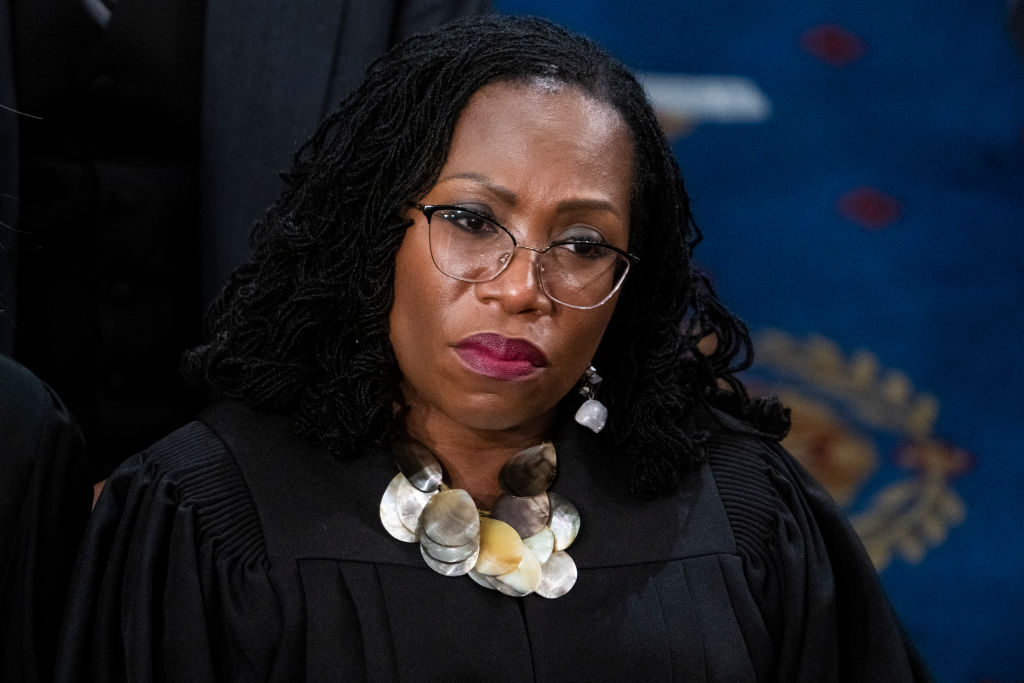








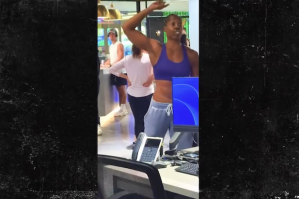

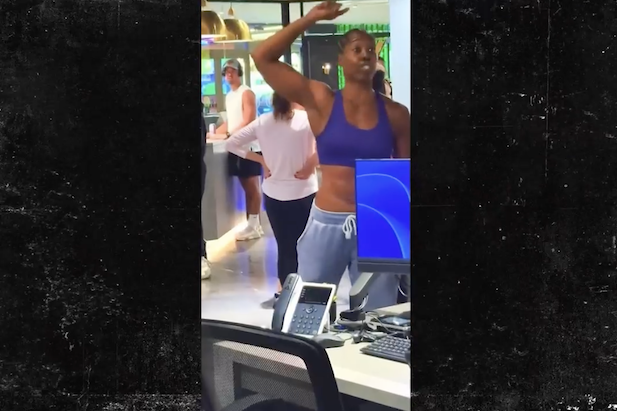

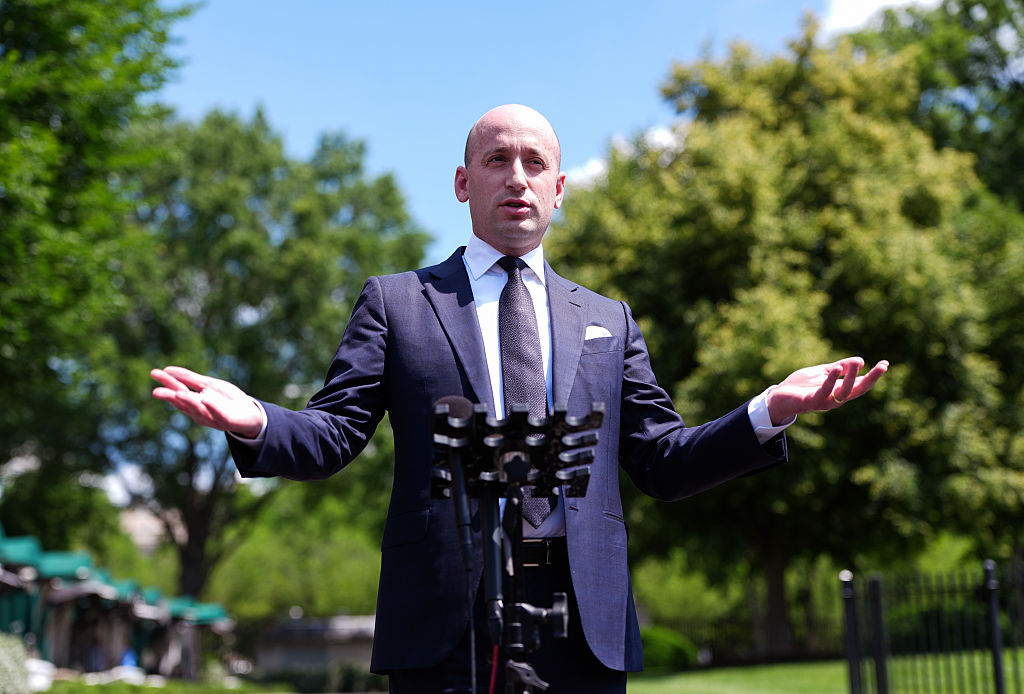
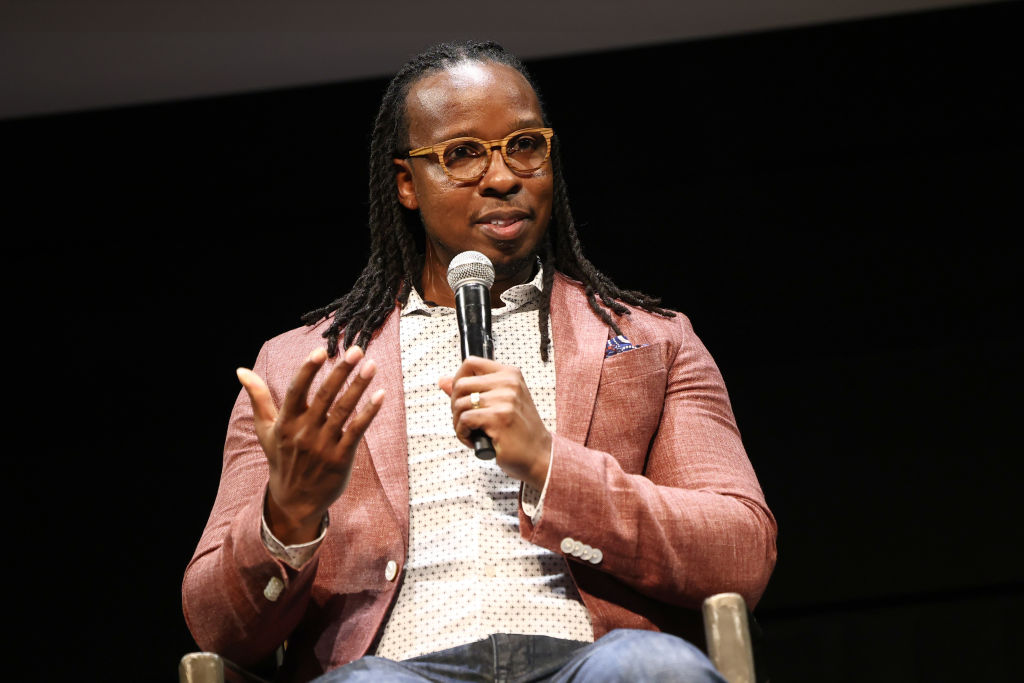








Leave a Reply